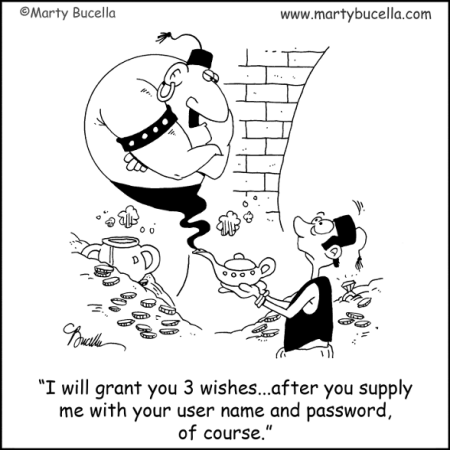Giving up our personal metadata might seem harmless, but once it piles up, it’s just as dangerous and traditional invasions of privacy.

When we think of NSA surveillance, many of us imagine a bespectacled government worker sitting in a dark office listening to our phone calls and reading our e-mails. It’s not that simple actually. Edward Snowden’s NSA leak gave no evidence of such behavior.
What the leak did reveal was that the Government was collecting metadata. Not the calls and e-mails themselves, but information about them, such as who you called, when you called and for how long.
The Obama administration has been defending this practice by saying that because the NSA was not collecting the content of conversations, it’s not so bad. As pointed out by the Electronic Frontier Foundation:
- They know you rang a phone sex service at 2:24 am and spoke for 18 minutes. But they don’t know what you talked about.
- They know you called a gynecologist, spoke for a half hour, and then called the local Planned Parenthood’s number later that day. But nobody knows what you spoke about.
- They know you called the suicide prevention hotline from the Golden Gate Bridge. But the topic of the call remains a secret…
If anyone collects enough meta-data, they don’t need to listen in on the actual conversations. One does not even need explanations, just correlations.
The strangest thing about our hang-up with protecting personal data is that we are (rightfully) suspicious of the Government obtaining such information, but hardly see a problem with giving it away to corporations. If anything, there is a sort of corporate arms race currently going on to see who can amass the largest database of consumer behavior.
Granted, in exchange for my personal data, Google and Facebook offer me lots of direct services in return. There’s a reason e-mail, maps and photo sharing are free. Also, unlike the Government, companies cannot (typically) prosecute you based on information gathered through your meta-data.
From the point of view of the Government, metadata is not private information, but rather, patterns of behavior that are, in a sense, part of the public domain. The age of big data has just arrived and we have yet to collectively decide how to feel about it. I’m not even sure we’ll get to decide.
 I’m not sure what to make of the revelation that the National Security Agency has been spying on Americans for years, secretly monitoring our phone calls and internet activity in ways that certainly push the boundaries of what is legal and just.
I’m not sure what to make of the revelation that the National Security Agency has been spying on Americans for years, secretly monitoring our phone calls and internet activity in ways that certainly push the boundaries of what is legal and just.


